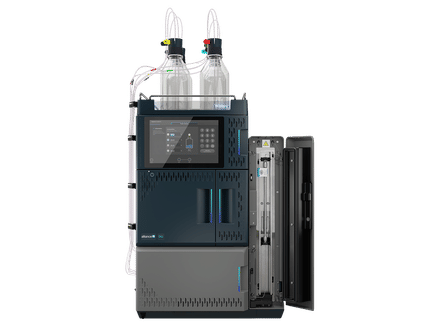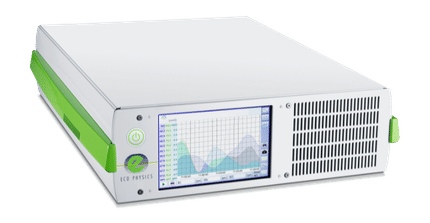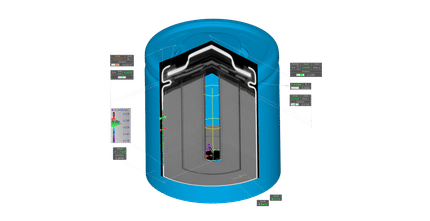To use all functions of this page, please activate cookies in your browser.
my.chemeurope.com
With an accout for my.chemeurope.com you can always see everything at a glance – and you can configure your own website and individual newsletter.
- My watch list
- My saved searches
- My saved topics
- My newsletter
Polypropylene carbonatePolypropylene carbonate (PPC), also called poly(propylene carbonate), is a polycarbonate plastic material, a copolymer of carbon dioxide and propylene oxide. It is made by reacting the monomers in presence of eg. a zinc glutarate catalyst. Its CAS number is [] or []. Product highlightPolypropylene carbonate is soluble in polar solvents, eg. acetone, methyl ethyl ketone, ethyl acetate, dichloromethane and chlorinated hydrocarbons. It is insoluble in ethyl alcohol, ethylene glycols, water, and aliphatic hydrocarbons. Stable emulsions in water are available commercially. Polypropylene carbonate is used eg. as a binder, and to increase the toughness of some epoxy resins. It is unsuitable as an oxygen barrier, and therefore is used in applications where diffusion of oxygen through the plastic is desired. In ceramics industry, polypropylene carbonate and polyethylene carbonate are used as sacrificial binders, especially alumina and silicon carbide; the polymers evaporate during sintering as they decompose completely above 300 °C. Together with plasticizers they account for the most of the volumes of the ceramic additives; a typical amount of binder in the ceramic is 2-3 weight %. Due to their low content of sodium they are suitable for preparation of dielectric materials, piezoelectric ceramics, and other special electroceramics. As a binder, PPC is available from Novomer LLC, Ithaca, NY USA or Empower Materials Inc., Newark, DE USA under the trade name QPAC-40.[1][2] Polypropylene carbonate binders are amorphous, with glass transition temperature of 40 °C. Polyethylene carbonate has glass transition temperature of 25 °C. Monomeric propylene carbonate is used as an organic solvent. It can be used as a plasticizer, to lower the glass transition temperature of polypropylene carbonate and polyethylene carbonate. It is also a byproduct of manufacture of PPC. Composites of polypropylene carbonate with starch (PPC/starch) can be used as a biodegradable plastic. Categories: Plastics | Polycarbonates | Biodegradable plastics |
| This article is licensed under the GNU Free Documentation License. It uses material from the Wikipedia article "Polypropylene_carbonate". A list of authors is available in Wikipedia. |







